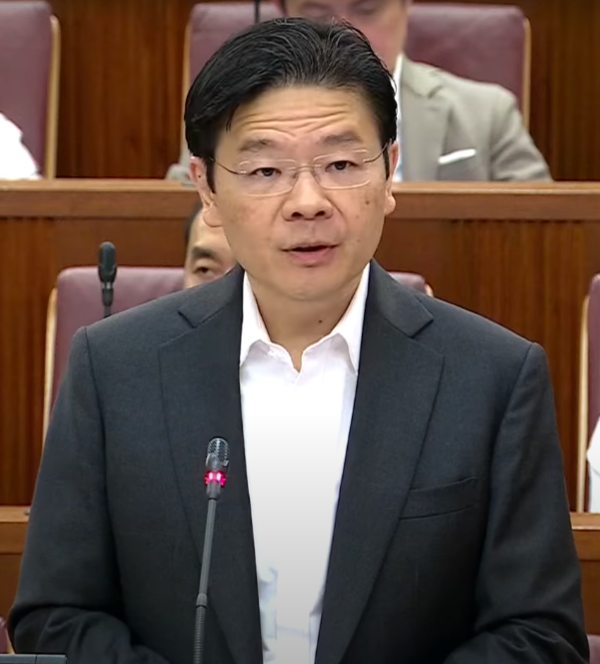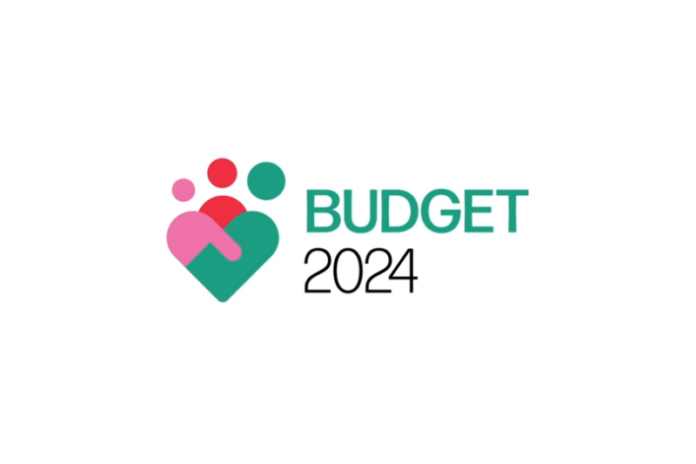The Singaporean government is backing the development of more enterprise use cases for AI.
This was made clear by Deputy Prime Minister and Finance Minister Lawrence Wong, as he delivered Singapore’s 2024 Budget statement at the Parliament House on February 16.
“AI is not just about ChatGPT or large language models. It is a general-purpose technology, like electricity, the internal combustion engine, the computer, or the internet. It has the potential to transform a wide range of industries and enhance productivity across many existing processes, from drug discovery, to organising warehouses, and driving vehicles,” he said.
AI drivers
Singapore, already acknowledged internationally as a key player in technology development, aims to enhance its AI initiatives by establishing “new peaks of excellence” and attracting more private resources. These efforts are integral parts of the country’s National AI Strategy 2.0.
To make this happen, Wong announced over SG$1 billion in funding over the next five years, which shall be used for AI compute, talent, and industry development.
“Part of the investment will be used to ensure that Singapore can secure access to advanced chips that are crucial to AI development and deployment,” the Minister said.
Moreover, the government intends to work with leading firms in Singapore and around the world to establish AI centres of excellence in the country. This, according to Wong, will “spur industry collaboration and innovation, and drive greater value creation across the entire economy.”
Meanwhile, additional resources will be allocated to catalyse investments in upgrading Singapore’s national broadband network. The goal, Wong said, is to mass market access to broadband speeds of up to 10 Gigabits per second by the second half of this decade.
“This is 10 times faster than the broadband speed in most homes today. This also ensures that our connectivity infrastructure will be able to support technologies like AI and immersive media, as they become more pervasive in the future,” he explained.
Strengthening local enterprises
To help small businesses, the government is introducing pre-approved tech solutions to enable SMEs to “plug and play,” quickly achieving greater efficiencies and productivity gains.
For companies looking to expand overseas, Wong mentioned that more customised support will be provided to help them scale up.
A strategy to achieve this, according to the Minister, involves partnering with multinational enterprises (MNEs) based in Singapore.
“The MNEs set high requirements and standards for firms that wish to partner or supply to them. We cannot force MNEs to choose only local suppliers. But we can, and will, help Singapore enterprises to meet these high standards, and form win-win partnerships with MNEs,” he said.

To illustrate his point, Wong cited Singaporean automation solutions provider Zincode as an example.
Supported by the Smart Manufacturing Joint Lab, a collaboration between A*STAR, Rolls-Royce, and Singapore Aero Engine Services, Zincode improved its image processing capabilities. This led to its qualification as an approved partner for inspection work at the Rolls-Royce manufacturing hub in Singapore, Wong revealed.
“Zincode has now successfully captured new opportunities from other companies in the aerospace sector, and benefited from an increase in sales,” he added.
One initiative helping companies like Zincode to scale is the government’s Partnerships for Capability Transformation (PACT), which fosters collaborations between larger companies and SMEs in supplier development and co-innovation.
“I will enhance PACT to support partnerships in more areas, including capability training, internationalisation, and corporate venturing. With the enhanced PACT, we aim to help more of our local firms plug into global supply chains, compete in markets abroad, and grow to become industry leaders in their own right,” the Minister announced.
In 2023, the Singaporean government allocated an additional SG$150 million to support SMEs.
Cyber defence
Recognising the importance of bolstering digital security, Singapore previously established the Digital and Intelligence Service within the Singapore Armed Forces. Building on this foundation, Wong announced the creation of a new National Cybersecurity Command Centre in the Punggol Digital District. This initiative aims to enhance coordination of cyber defence operations, improve collaboration with industry and academia, and spur innovation in cybersecurity.
According to Wong, this will strengthen Singapore’s ability to monitor, detect, and orchestrate defences against cyberthreats.
“In today’s world, defence and security apply not just in the physical environment, but also in the digital domain. Scams, ransomware, data breaches, denial of service, and other cyberthreats have become increasingly commonplace. The development and adoption of new technologies like AI and quantum computing also change the threat landscape. Cyberattacks will increase in speed, scale, and sophistication,” he said.
To improve security in accessing government services online, Singapore began efforts to reduce reliance on passwords as early as 2018, with the introduction of the QR-based SingPass beta app. In 2020, facial verification was integrated into SingPass as an additional authentication method. GovTech, the agency tasked with delivering government digital services to the public, is now promoting the use of passkeys as a secure and reliable authentication method.
















